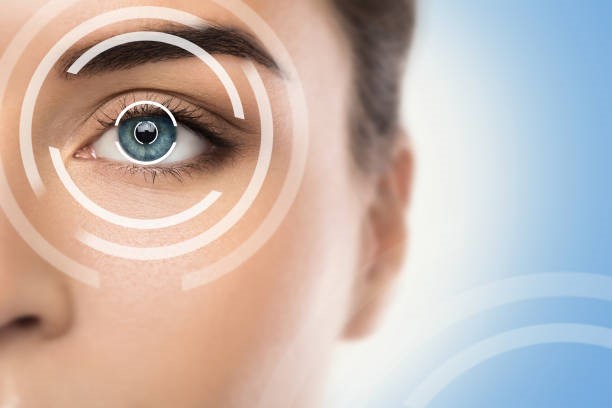Ophthalmology is the branch of medicine dedicated to the anatomy, physiology, and diseases of the eye. An ophthalmologist diagnoses and treats eye conditions, but your eye health is also closely connected to your overall wellness. Taking care of your eyes is a part of taking care of your whole body, as they offer unique insights into what is happening elsewhere. Here is more information about the link between eye health and overall wellness:
Eye Exams Provide Clues
During a comprehensive eye examination, an eye doctor looks at more than just your vision. The blood vessels in your retina, the light-sensitive layer of tissue at the back of the eye, are directly visible. An ophthalmologist can observe these tiny vessels without any surgical procedure. Changes in these blood vessels might suggest health issues in other parts of your body.
Because the eye’s retina is so transparent, it offers a clear picture of your nerves and blood vessels. Ophthalmology plays a key role in detecting early signs of systemic diseases. A regular eye exam is a straightforward way to monitor both your vision and gain insights into your general health.
Warning Signs
Your eyes might display signs that point to underlying health conditions. For example, yellowing of the whites of your eyes, known as jaundice, could indicate liver problems. Bulging eyes might be associated with thyroid disease, which affects your body’s metabolism.
Certain visual disturbances may also signal a problem. Sudden blurry vision, seeing spots or floaters, or a temporary loss of vision could be symptoms of conditions that require medical attention. Pay attention to changes in your eyes and vision, as they might be telling you something about your health. Some of these signs include:
- Sudden onset of blurry vision
- Persistent dry or red eyes
Link to Vascular Issues
The small blood vessels in the retina are sensitive to damage from high blood pressure, also known as hypertension. An eye doctor can see evidence of this damage, such as narrowing or leaking of the retinal vessels. These findings sometimes appear before a person is aware they have high blood pressure.
Diabetes is another vascular condition that profoundly affects the blood vessels and is linked to eye health. Diabetic retinopathy is a complication where high blood sugar levels damage the retinal blood vessels. Early detection through an eye exam allows for management that can help protect your vision.
Observing these changes allows for timely communication with your primary care provider to manage the underlying condition. High cholesterol is another factor that can contribute to vascular changes in the eyes, potentially leading to vision complications if left unchecked. Regular eye exams help detect these issues early and also provide valuable insight into your overall health.
Role of Diet and Nutrition
What you eat directly impacts your eye health. Nutrients may contribute to maintaining the health of your eyes. These nutrients are found in a variety of foods, especially leafy green vegetables, citrus fruits, and fish rich in omega-3 fatty acids. A balanced diet supports the structures of the eye and helps protect them from cellular damage.
Improve Health Through Ophthalmology
The connection between what an ophthalmologist sees in your eyes and your general wellness is well-established. By monitoring the health of your eyes, you are also taking a proactive step in monitoring your overall physical condition. Regular eye examinations are a valuable part of a comprehensive health strategy. If you have questions about your eye health or want to schedule an examination, reach out to a qualified eye care professional today.









